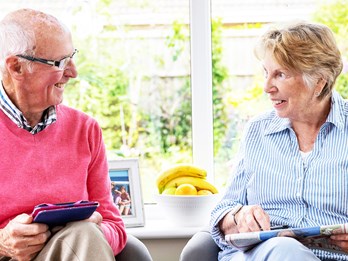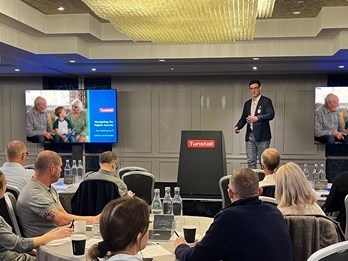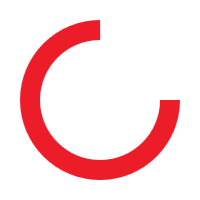We’ve introduced various initiatives based on upstream interventions to proactively support the health and wellbeing of care home residents, but the COVID-19 crisis meant it became critical to look at ways we could use technology to deliver more care without face to face contact. We have accelerated the transformation of our model of care, and the aim is to change working practices for the long term, improving outcomes using technology and multi disciplinary teams.
Paul Beech, Head of Strategic Commissioning, Bolton Clinical Commissioning Group
The Challenge
Care home residents are at particularly high risk during the COVID-19 pandemic. How are Bolton NHS Foundation Trust and Bolton Clinical Commissioning Group (CCG) using technology to protect residents, care home staff and clinicians?
What We Did
Tunstall’s myKiosk is a multi-user remote health monitoring solution, which enables multiple patients to be supported by telehealth in grouped living environments, such as care homes.
34 care homes in the area have been provided with myKiosk systems, along with medical devices such as thermometers, pulse oximeters and blood pressure monitors. The Tunstall team worked with staff in the homes to train them on the system, and where required staff were also educated on how to take vital signs observations.
Where care staff have concerns about the health of a resident, a member of care/nursing staff will use the myKiosk tablet to record their vital signs and help them to answer questions about their health and symptoms using the touch screen. For new residents, it will be considered whether remote health monitoring should form part of their care plan. The information is then securely transmitted to Tunstall’s ICP triagemanager patient management software which is based at the Community Services Hub. Results which breach the parameters set for that patient will raise an alert on the system, prioritising them on the triage screen using colour coding relating to the level of risk. This data can then be accessed and reviewed Advanced Nurse Practitioners at the Hub, enabling them to make an informed decision regarding next steps in the patient’s care.
Results
The triagemanager and myKiosk system enables closer monitoring of vulnerable residents, whilst reducing the need for clinical staff attendance thus reducing the risk of cross infection. It can also help clinicians to effectively prioritise residents’ care, as the system clearly identifies those most in need of interventions.
myKiosk provides objective insight into a patient’s health status which enables more proactive and preventative care. For example, residents with dementia may find it more difficult to communicate if they feel unwell, meaning their condition may not be identified until it has advanced. triagemanager alerts clinicians to symptoms such as rising temperature at an early stage, enabling faster interventions. This can help to avoid the need for more complex care, improving outcomes and for COVID-19 patients, enabling them to be isolated and treated as soon as possible. The system is not solely being used where COVID-19 is suspected; any resident feeling unwell can be monitored using the system. This can be particularly useful for patients with long term respiratory or heart conditions, whose signs and symptoms can be monitored over time to detect any deterioration at an early stage.
The success of the programme will be measured over time, with metrics such as reduced ambulance call outs being assessed, as well as resident outcomes and the impact on caseload management.
The systems give us objective information to support effective clinical decision making. This remote monitoring approach will help us during the pandemic, but will also enable us to provide more proactive care over the longer term, improving the wellbeing of residents and helping to reduce the pressure on primary and secondary care.
Joanne Dorsman, Bolton NHS Foundation Trust




